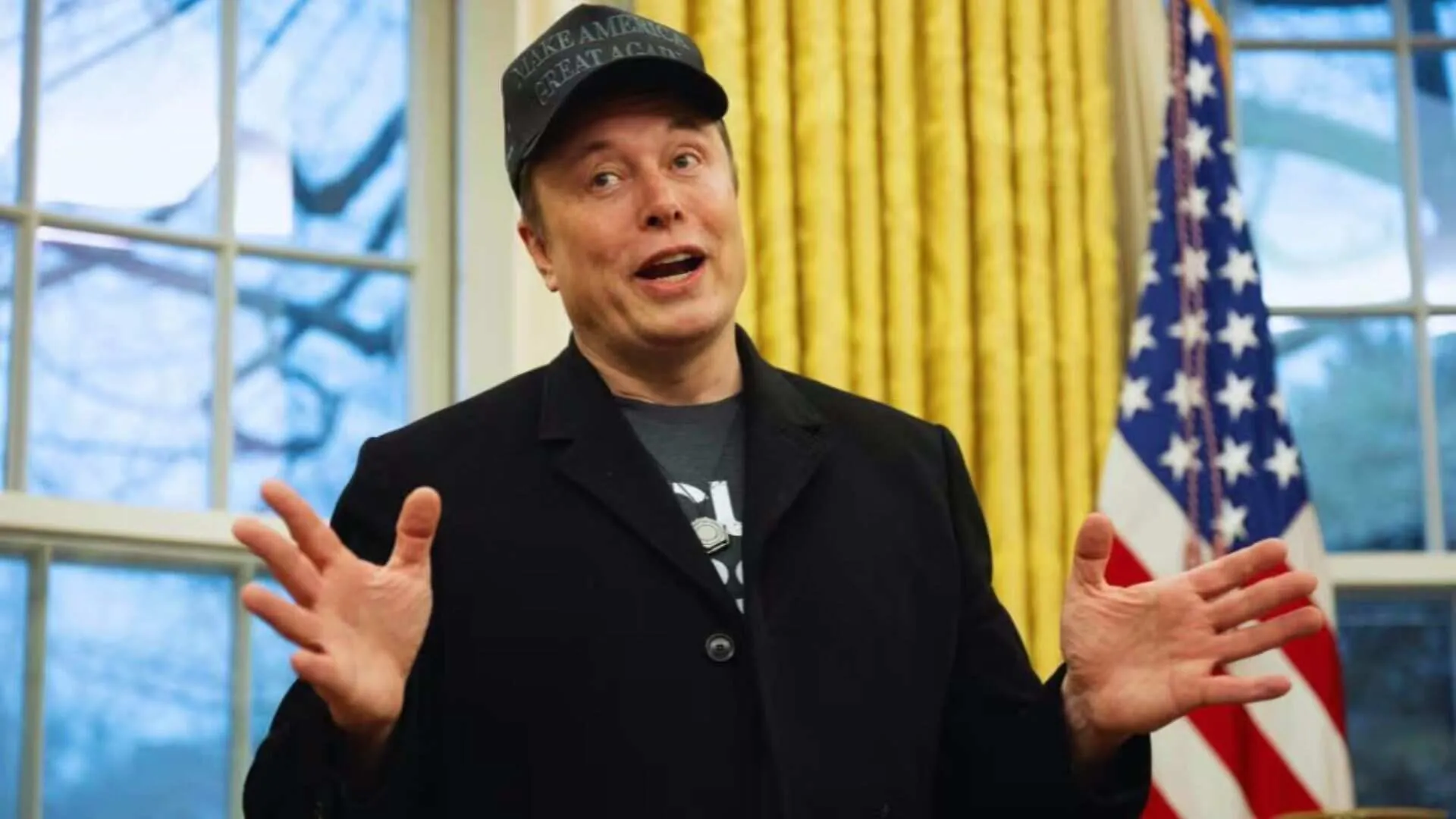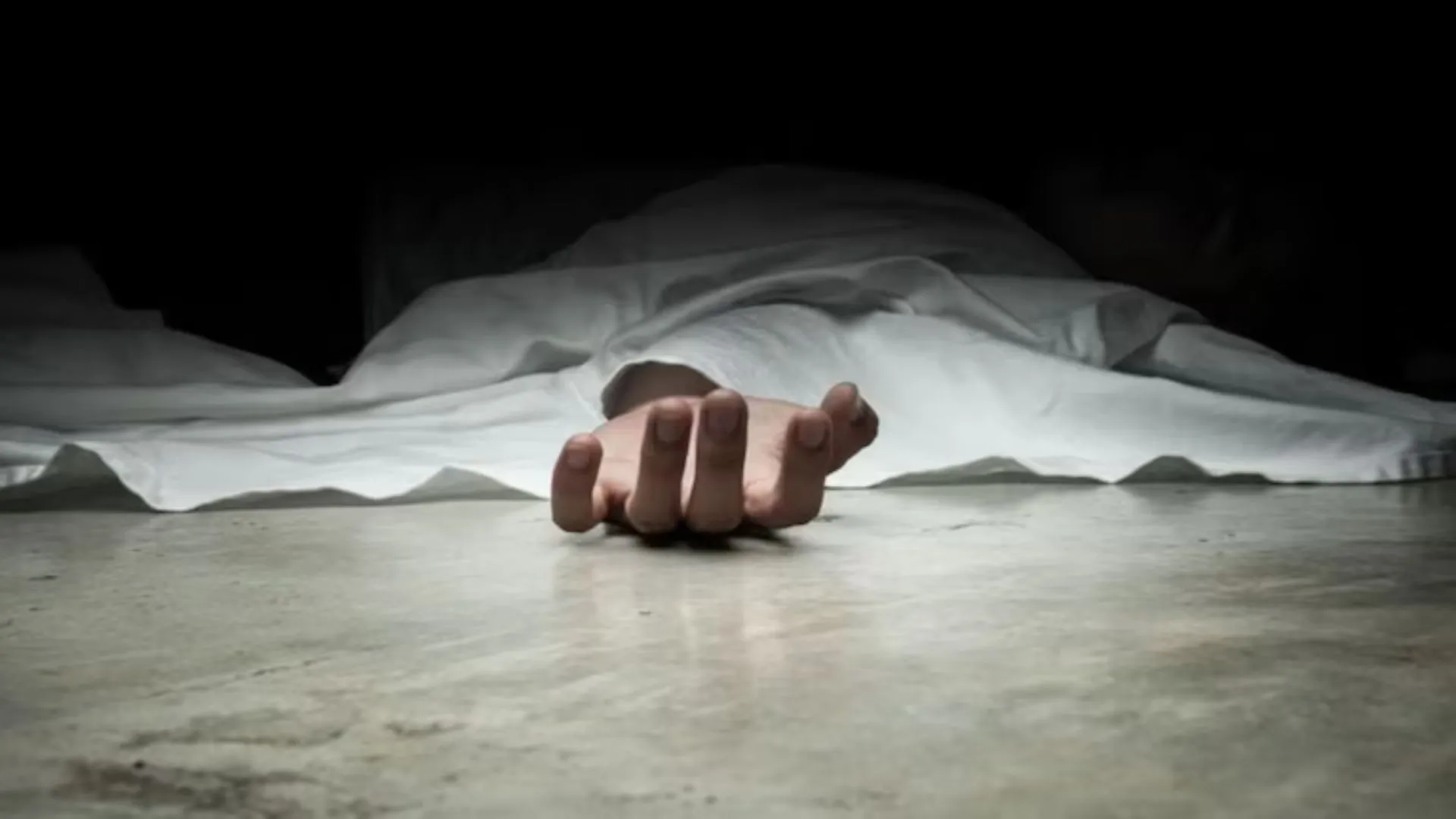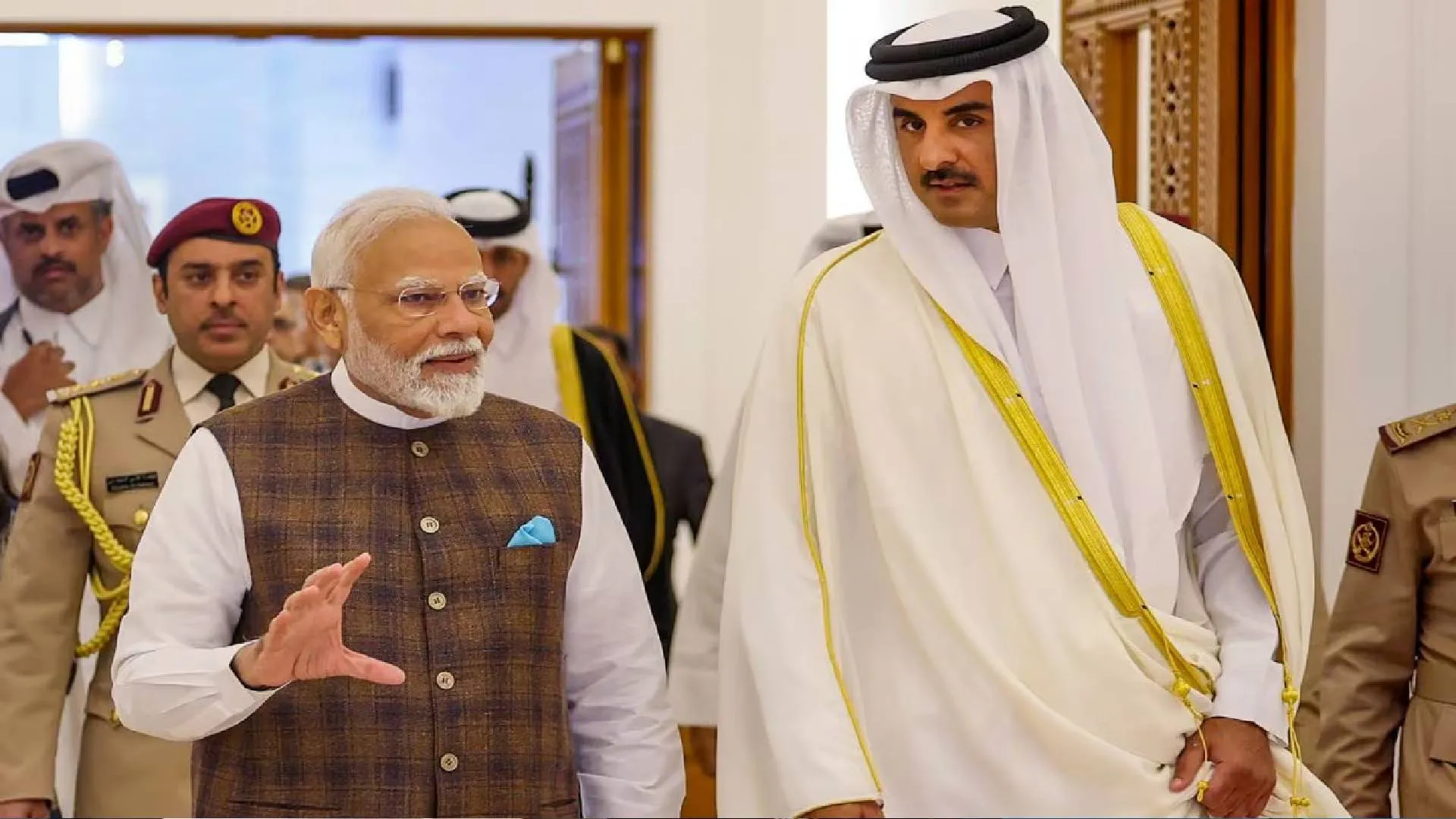In a series of executive actions signed on Wednesday, U.S. President Donald Trump addressed contentious topics in the educational sphere, including race, gender, and college campus protests, areas that were prominent in his political campaign.
Ending Radical Indoctrination in K-12 Schools
One of the most discussed orders, titled “Ending Radical Indoctrination in K-12 Schooling,” seeks to curb teachings related to race and gender identity in schools. It establishes a commission aimed at promoting “patriotic education,” emphasising a positive portrayal of U.S. history.
The order asserts that teaching “anti-American” ideologies not only violates civil rights laws but also undermines parental authority. Additionally, it targets school policies that accommodate transgender students, such as the use of gender-affirming pronouns and access to gender-specific locker rooms. Despite the federal order, Trump’s ability to directly influence state-controlled school curricula is limited, and the directive asks federal agencies to report within 90 days on potential ways to enforce the agenda, possibly through federal funding adjustments.
Controversy Over Critical Race Theory
The order also responds to the growing debates surrounding Critical Race Theory (CRT), which examines U.S. history through the lens of systemic racism. The term has become a catchall for various race-related educational topics, and many Republican leaders, including Trump, argue that it fosters division and guilt among white students. Bans on CRT in several states have resulted in what critics describe as a chilling effect on race-related education.
Expanding School Choice
In addition to the race-related educational reforms, Trump signed another executive order aimed at expanding “school choice.” This policy would allow public funding to be used for non-public education, a move largely supported by Republican lawmakers. The initiative seeks to give parents more control over where their children attend school, especially those dissatisfied with public education options.
Addressing Anti-Semitism on College Campuses
Trump also took action to address rising anti-Semitism on college campuses, which has been a significant concern following the October 2023 Hamas-led attacks on Israel. The “Additional Measures to Combat Anti-Semitism” order focuses on tackling vandalism and discrimination against Jewish students in the wake of widespread protests. It also sets the stage for potential actions against foreign students who violate laws during protests, including deportation.
Impact on Campus Protests and Free Speech
The executive order comes amid ongoing tensions on college campuses, where pro-Palestinian protests following the Israel-Gaza conflict have raised questions about free speech and the limits of protest. While critics argue that the administration’s approach may stifle dissent, Trump and his supporters see these measures as a way to protect Jewish students from discrimination and uphold national security.
A Strong Start to Trump’s Presidency
Since taking office, Trump has wasted little time in enacting his vision for American education and public policy. In just over a week, he has signed a series of executive orders addressing a range of issues, from immigration to gender-related policies for minors. As these directives unfold, the impact on U.S. education and the broader political landscape will continue to spark debate and controversy.






















